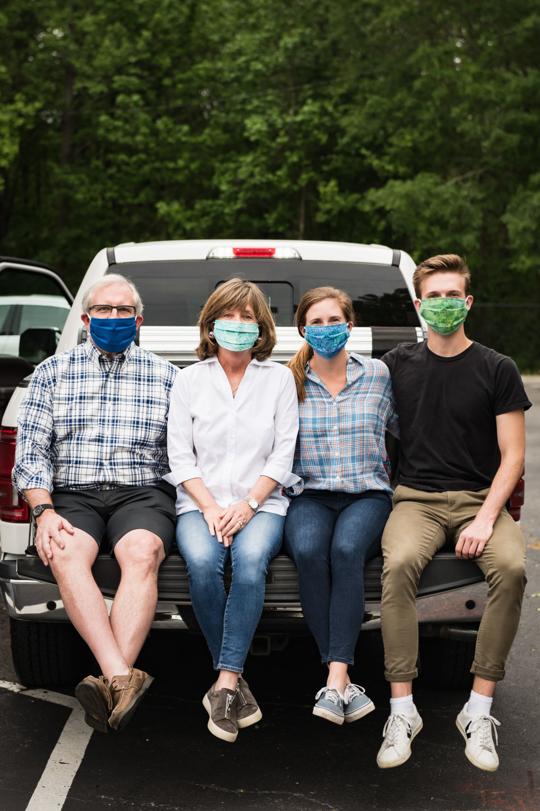
INDELIBLE MEMORY: A Leopard Encounter in the Selous
Article Published by: andrewharper.com
Those who are lucky enough to pay frequent visits to the wild areas of Africa usually have a favorite animal. They are not always the obvious ones. I know people who are passionate about giraffe. I, myself, have a soft spot for kudu, a large antelope with huge ears and, in the male of the species, magnificent spiral horns. But, in the end, it usually comes down to the cats. Particularly when a safari is undertaken on foot, or from an open-sided vehicle, catching sight of one provides an inevitable thrill. Perhaps, buried in human DNA is a race memory of when our ancestors were merely another prey species. And of all the big cats, it is the leopard that has the most numerous and fervent devotees. Maybe this is simply because the animal is astonishingly beautiful. But I think it is also because leopards are the most elusive, somehow the wildest creatures of all.
In a few areas — Sabi Sands in South Africa, Chief’s Island in Botswana’s Okavango Delta — leopards have become habituated to human presence. They are seen regularly, at close quarters, in daylight. But in most places, they remain shy, suspicious and vigilant. Even where they are known to be relatively common, you can drive for days and never catch so much as a glimpse. Leopards prefer tangled bush, which enables them to sneak up on their prey. They particularly like thick cover lining the banks of dry riverbeds. (They remain hidden but have a clear view of any potential prey that wanders out into the open.) And they also spend a lot of time hidden in trees. I have spent dozens of hours, getting a crick in the neck, tracing branches with binoculars.
On my recent visit to the Selous Game Reserve in Tanzania, I was doing exactly this. My safari guide, Joseph, was driving very slowly up a sandy dry riverbed, and I was peering into the undergrowth and scanning likely-looking limbs. Suddenly, I found a face staring back at me.
The leopard was under a dense bush, about 40 feet away, and as we were in an open-sided Land Rover, we were separated only by fresh air. Even though you know cats don’t attack vehicles — the smell of the diesel masks that of their occupants, and all they see is a large moving rock — there is still a moment when you consider the fact that nearly all rules come with rare exceptions.
The Selous is an extremely wild area, tourists are few and Land Rovers were clearly an unfamiliar occurrence. Suddenly, he broke cover and charged. For a split second, he seemed to be heading straight for us, intent on hurling himself into the vehicle to deal with the infuriating intruders. He didn’t, of course. Instead, the leopard came to an abrupt halt in the riverbed little more than 15 feet away and turned to snarl and glare. A big adult male, he was just smaller than a lioness. The standoff lasted for three seconds at most, and then, propelled by a spring of astounding speed and athleticism, the leopard sprinted across 50 yards of open ground and vanished. It was the briefest of encounters, but the incident imprinted itself in my memory so strongly that I can see that blur of angry gold as I sit here to type.
About Scott Livengood
Scott Livengood is the owner and CEO of Dewey’s Bakery, Inc., a commercial wholesale bakery with a respected national brand of ultra premium cookies and crackers.
Previously, Scott worked at Krispy Kreme Doughnuts for 27 years, starting as a trainee in 1977. He was appointed President of the company in 1992, then CEO and Chairman of the Board.
Scott has served on numerous boards including the Carter Center, the Calloway School of Business and the Babcock School of Management, Habitat for Humanity of Forsyth County, and the Winston-Salem Chamber of Commerce.
He started a new business, StoryWork International, in 2016 with Richard Stone. The signature achievement to date is LivingStories, a story-based program for improved patient experiences and outcomes in partnership with Novant Health.




